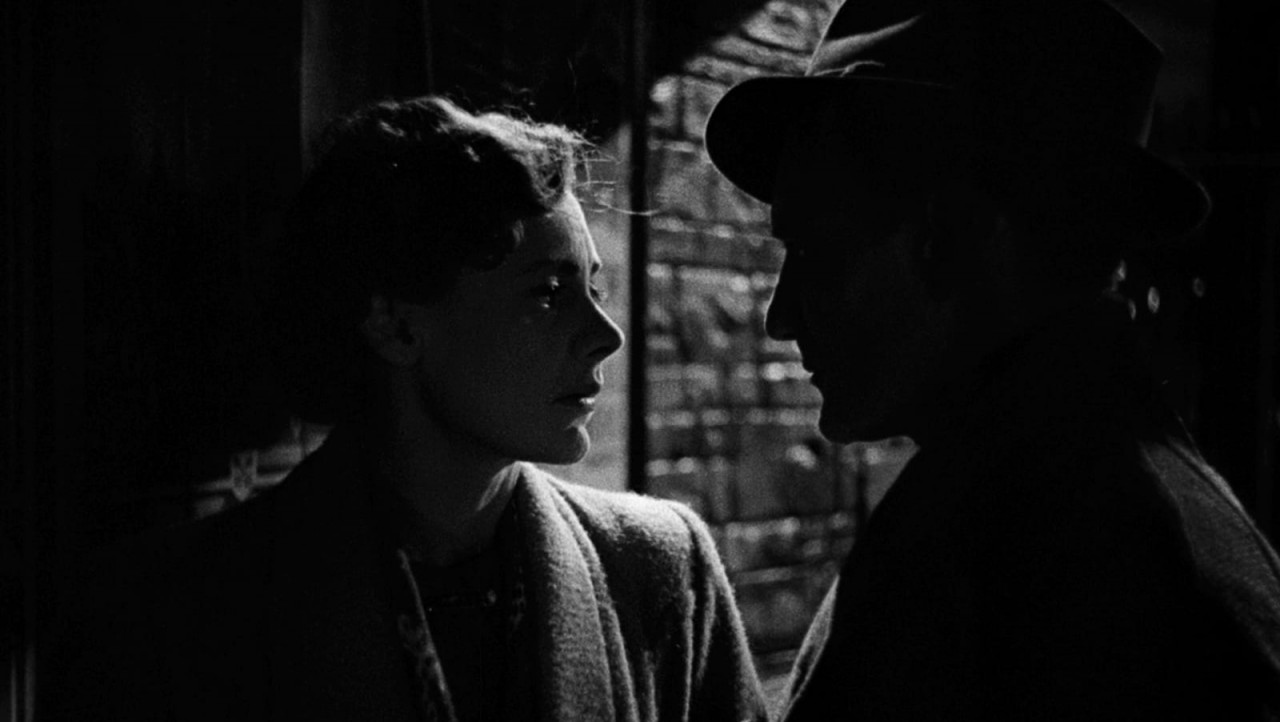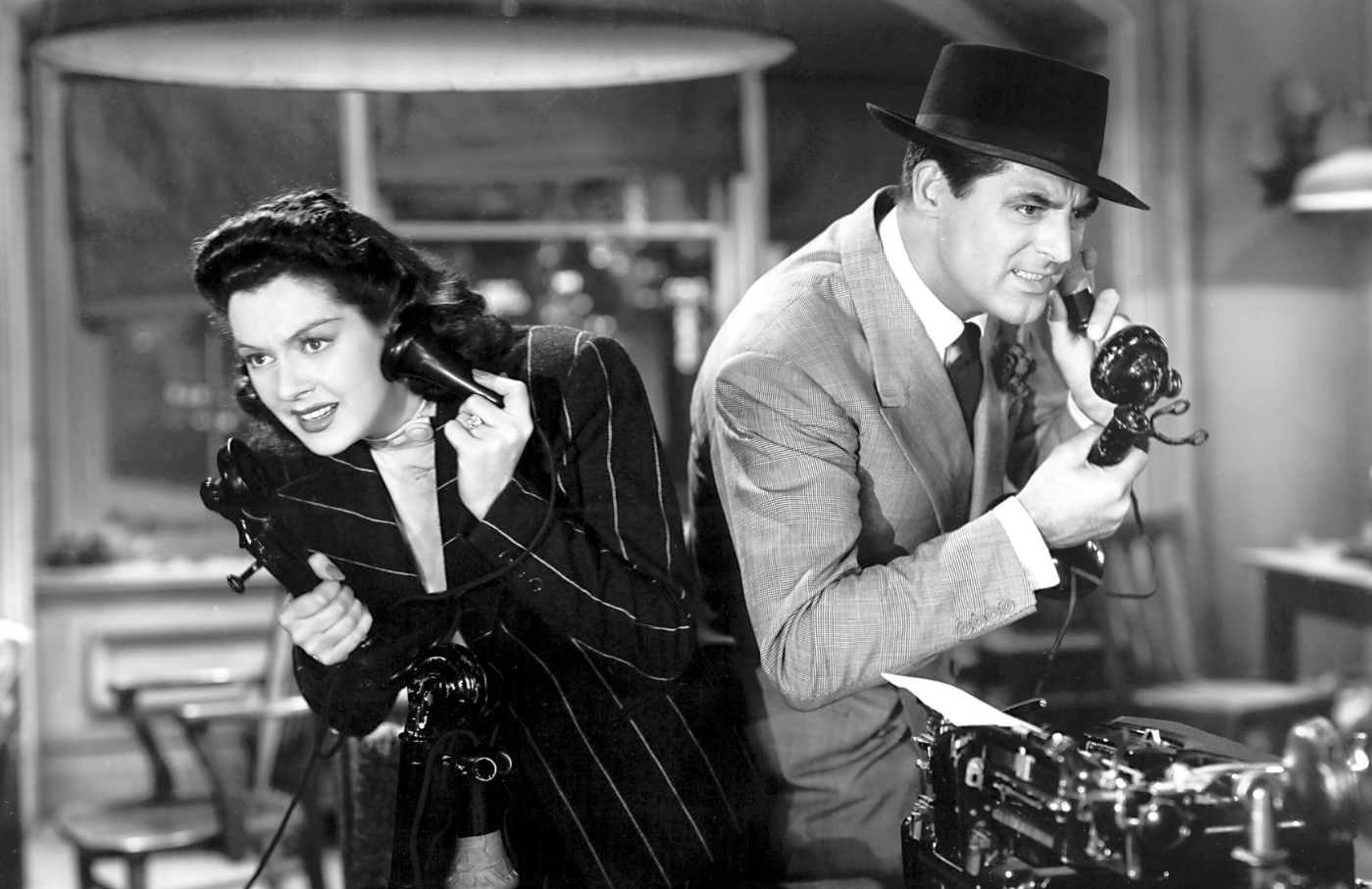Some films shout. Brief Encounter whispers; and that’s what makes it unforgettable.
David Lean’s 1945 classic is one of the most emotionally resonant love stories ever committed to film, not because of what’s said, but because of what isn’t. Adapted from Noël Coward’s short play Still Life, it tells the story of two ordinary people: Laura (Celia Johnson) and Alec (Trevor Howard), who meet by chance at a railway station and fall deeply, devastatingly in love.
But they’re both married. And this isn’t a film about grand romantic gestures or forbidden affairs in the Hollywood sense. It’s about restraint, duty, and the quiet agony of falling in love when you least expect it — and knowing it can never last.
Celia Johnson’s performance is breathtaking in its subtlety. Every flicker of her eyes, every catch in her voice, carries the weight of suppressed desire and unbearable heartache. Her narration, spoken as if confiding in the silence of her own mind, adds an intimacy that makes the viewer feel like they’ve been allowed into her most private thoughts.
One line in particular lingers long after the credits roll:
“This can’t last. This misery can’t last. I must remember that and try to live through it.”
It’s a quiet, heartbreaking plea, and the essence of what Brief Encounter captures so well: the emotional cost of doing the right thing.
The visuals are stark and beautiful. Trains clatter in the background like restless hearts. Shadows stretch across café walls like secrets. And through it all, Rachmaninoff’s Second Piano Concerto swells and recedes, echoing every unspoken word.
Brief Encounter doesn’t just tell a story; it invites us to feel what it means to love with dignity, to lose something we never really had, and to carry on with quiet grace. It’s tender, sad, and utterly human.
For anyone who’s ever loved in silence or walked away from something that could have been everything, this film will speak directly to your soul.

